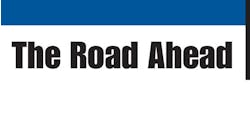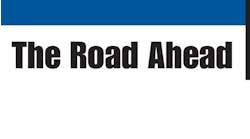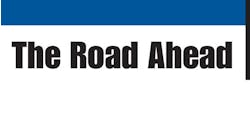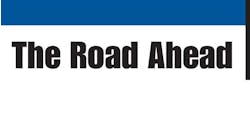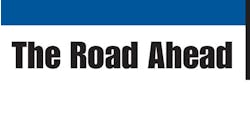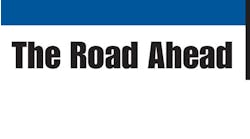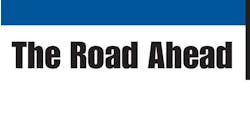HANOVER, GERMANY. Calling the new 2007 Detroit Diesel heavy-duty engine launch in the U.S. market "the first milestone in our modular strategy," parent DaimlerChrysler plans to cover all of its world markets with three engine platforms, according to Andreas Renschler, the company's board of management member responsible for the Truck Group and Buses. The company currently produces eight truck diesels for various world markets.
With a medium-duty diesel already in testing and a light-duty diesel to follow, the company will follow a similar path for transmissions, axles and even minor parts such as steering wheels and nut hubs, Renschler said here during a press conference at the IAA Commercial Vehicles show. DaimlerChrysler, which owns Freightliner, Western Star, Sterling Truck and Detroit Diesel in the U.S., has already saved 300 million Euros with its modular approach, according to Renschler.
Market share for Detroit Diesel engines in its U.S. brands has grown from 40% in 2002 to almost 65% today, Renschler said. Proprietary axles have gone from just 4% in 2002 to 30% last year, he said. Transmissions are following a similar growth pattern, though most of that has been in Asia and Europe.
Renschler also confirmed that the next generation Sprinter van will continue to be sold as both a Dodge and Freightliner when introduced in the U.S. next year.
Selective catalytic reduction (SCR) is also in the future for DaimlerChyrsler plans in the U.S., though the only confirmed application of its "BlueTec" branded version of the emissions-reduction technology is in next year's E-Class Mercedes Benz cars. Speaking at the press conference DC chairman Dieter Zetsche pointed out that BlueTec has allowed its heavy-trucks in Europe to meet both current Euro 4 and coming Euro 5 emissions standards while also delivering improved fuel economy.
"We can and will transfer innovation from one group to another in truck and in passenger cars," he added.
Turning to market conditions, Renschler said the company expects to see a downturn in truck demand in 2007, though DaimlerChrysler expects the downturn to "be less pronounced in Europe and somewhat stronger in the U.S. and Japan."
